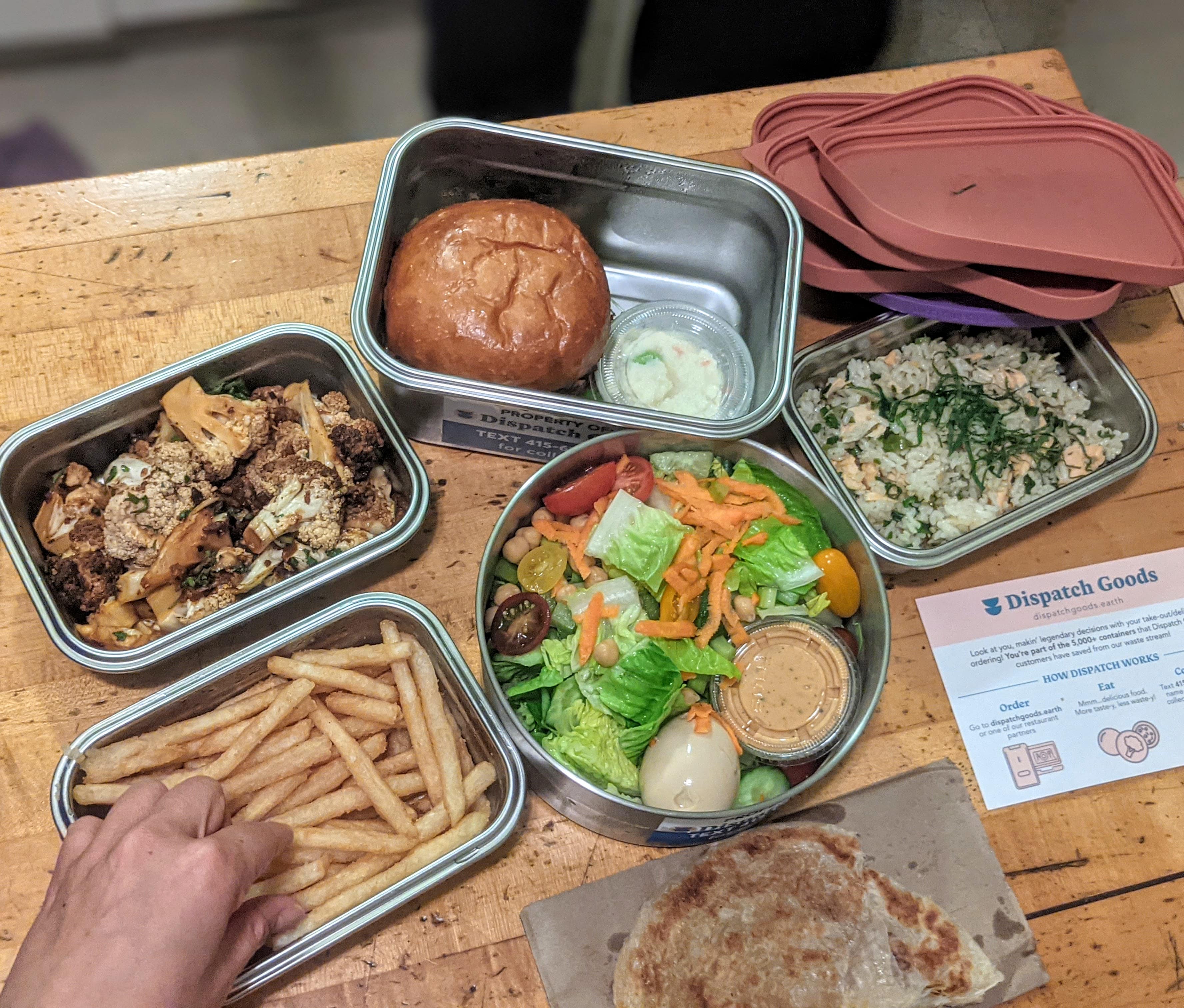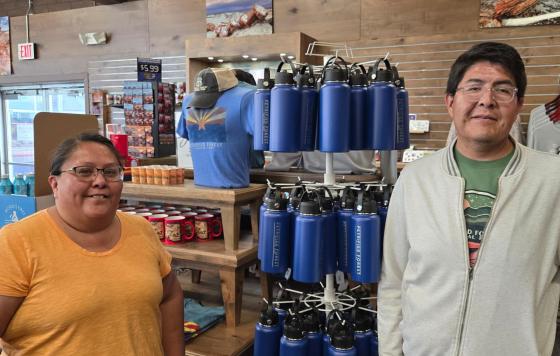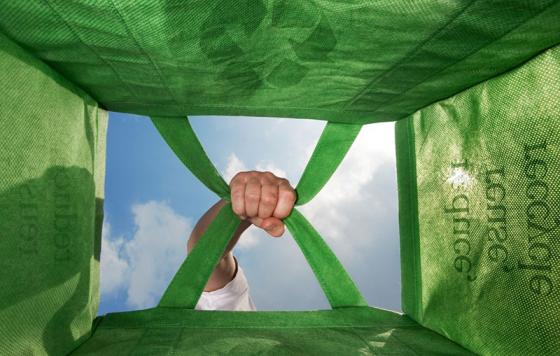
Tonight, the Howard County Council is holding a hearing on Council Bill 13-2021, to eliminate a range of single-use plastic food products. Here's our testimony on why that's a great idea.
February 15, 2021
Dear Howard County County Council,
On behalf of Clean Water Action’s over 7,000 members within Howard County, we urge you to support and pass CB13-2021. This is both a common-sense measure to implement the waste reduction goals of Howard County’s Solid Waste Management Plan and a prudent measure to reduce plastic use, and therefore fossil fuel use, and fight climate change.
Eliminating common plastic materials that cannot be recycled is a sensible measure for the County to maximize the cost-effectiveness and efficiency of its recycling program. Single-use plastics used for food service are often costly, difficult, or even impossible to recycle. Howard County’s own recycling policies state that plastic utensils and plastic clamshell containers, in particular, cannot be recycled. However, it is often confusing for residents and businesses to know what exactly can and cannot be recycled; well-meaning individuals will often place plastic materials in the recycling bin in the hopes that they are keeping trash out of the landfill. This only creates problems for the recycling sorting facility, because such materials either must be separated out, or remain in the recycling and contaminate it, making it less valuable on the recycling commodity market. In particular, plastic straws' and stirrers’ small size means that they slip through the cracks at the facility and are more difficult to remove from the recycling stream; such small plastic items also don't carry labels to say what kind of plastic they're made of. Well-meaning residents and businesses might use and recycle straws and stirrers, but once in the recycling stream either it must be separated out again, or it remains and contaminates the recycling stream, reducing or even negating its value.
Eliminating these unrecyclable single-use plastics is a valuable step forward in fighting climate change. These products are made from petroleum, a non-renewable resource; demand for petroleum to create plastics is fueling a dangerous build-out of petroleum infrastructure around the world. In addition, toxic additives to these plastic products such as colorants, plasticizers, antioxidants, and UV light filters threaten our health and the environment. To take the example of straws alone, the US uses over 182 billion straws per year. This creates the emissions equivalent to 8.3 million miles driven in cars, and generates 342 million pounds of waste annually. Eliminating these single-use products to more sustainable alternatives is a meaningful step Howard County can take to fight climate change.
We are glad to see an education and outreach campaign as part of this legislation. We want to emphasize that education and outreach alone is not sufficient to tackle the problem of single-use plastic waste, and we commend the Council for implementing both an educational campaign and a ban in this legislation. Consumer and business education is beneficial, but cannot replace a ban on single-use plastics. When similar legislation passed in Montgomery County last year, opponents urged the Montgomery County Council not to ban certain plastics, but to first and only create an educational campaign. The Last Straw Campaign was cited at the hearing as a successful model for educational campaigns about the problems with plastics, with the implication that with programs like this in place, legislation would not be necessary. However, the Our Last Straw Campaign Manager, Julie Sharkey, stated in her own testimony in support of that bill that effectively limiting the amount of single-use plastic straws used “cannot be completed without the legislation to support it.” Education measures alone cannot solve the core problem of these unrecyclable plastics; a ban as CB13-2021 creates is necessary to truly transition away from single-use, unrecyclable plastics.
Finally, when similar legislation in other jurisdictions has passed, concerns have been raised about HIPAA and ADA laws when eliminating the use of plastic straws. We want to bring your attention to San Francisco’s existing legislation banning plastic straws, which explicitly states:
(c) Nothing in this Chapter 16 shall conflict, or be construed to conflict, with the Americans with Disabilities Act, the Unruh Act, the Disabled Persons Act, or other applicable laws concerning the rights of individuals with disabilities. In particular, nothing in this Chapter shall restrict, or be construed to restrict, the availability of single use plastic straws to individuals who may require and request the use of single-use plastic straws.
(i) It shall not be a violation of this Chapter for any place of public accommodation to provide single-use plastic straws to individuals who request such plastic straws.
(ii) Nothing in this Chapter shall restrict, or be construed to restrict, the ability of places of public accommodation to purchase or otherwise acquire single-use plastic straws in sufficient numbers to meet the needs of individuals who request such plastic straws.
(d) In addition, nothing in this Chapter shall restrict, or be construed to restrict, the availability of single-use plastic straws to individuals who may require use of plastic straws in relation to medical circumstances.
Likewise, Montgomery County’s similar legislation banning plastic straws which was signed by the County Executive in December 2020 reads:
(1) A food service business:
(A) must keep a limited supply of plastic straws available to customers to comply with local, state, or federal disability rights laws;
(B) must provide a plastic straw to a customer who requests one under this paragraph; and
(C) must not inquire into the nature of the disability or medical information of the customer.
We commend the bill sponsors for including similar language in this bill, and provide these examples as confirmation that banning plastic straws is not in itself a violation of HIPAA and ADA laws.
We hope that this additional information is of use to you in considering CB13-2021, and we urge you to support this legislation to make Howard County a more sustainable and healthy place.
Sincerely,
Emily Ranson
Maryland Program Director
Clean Water Action


